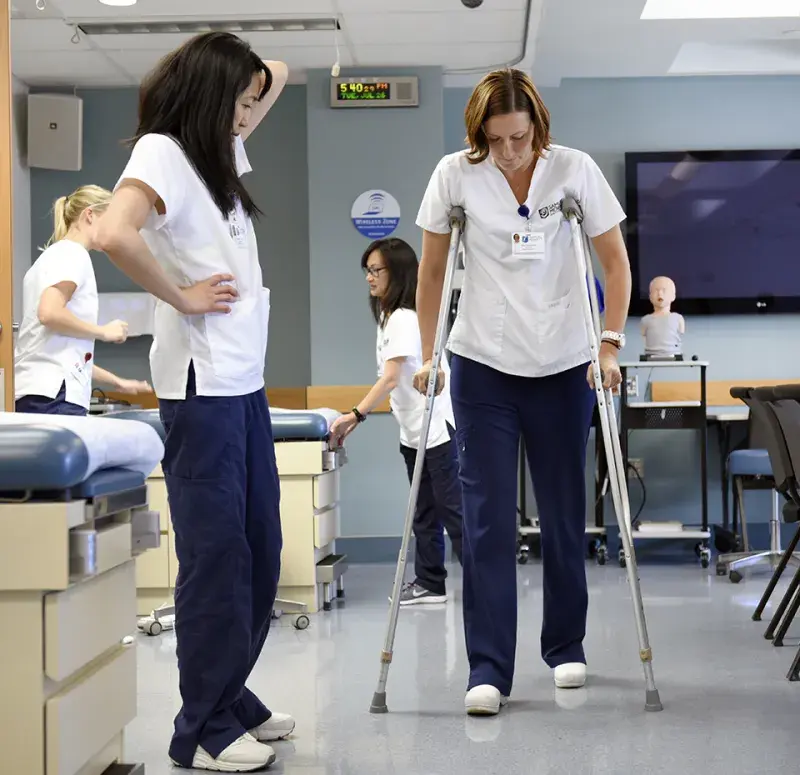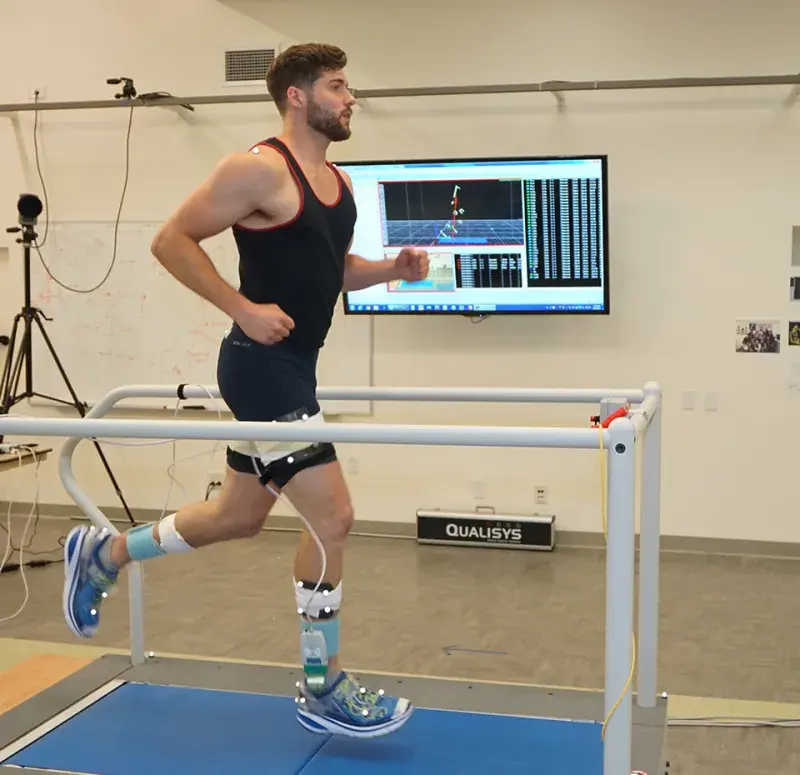
Clinical Experience
At SMU, you’ll gain practical experience in a variety of real-world health care settings, from hospitals to social service agencies.
One of the hallmarks of an SMU health sciences education is a commitment to providing students with rich and rewarding clinical experiences—from practicums and internships to field work and residencies, often from the initial months of enrollment.
In line with our mission of preparing students to transform the experience of care in diverse communities, our real-world learning experiences allow students to work in urban and rural settings with patients of all ages from a variety of cultural and socioeconomic backgrounds. Whether at a city shelter, small-town practice, or bustling hospital, SMU students will hone their clinical expertise and build their communication, decision-making, and problem-solving skills.
Clinical experience is about more than just putting theory into practice. It helps future health care professionals reaffirm their career focus, build professional relationships, and discover and shape their own philosophical and ethical framework.
We have contracts with more than 2,000 agencies across the country, most in the Bay Area and Central Valley. Many SMU students rotate through clinical agencies such as:
Bay Area Community Services・Kaiser Permanente Hospitals・UCSF Benioff Children's Hospital Oakland・David Grant USAF Medical Center・John Muir Medical Center・Stanford Hospital・Sonoma Valley Hospital・Alameda County health providers・Private medical groups

Hands-on learning also happens on campus. The HSSC allows students to gain experience improving and saving lives through fun, safe, and challenging scenarios.
Advanced Simulation
One of the best-equipped teaching and research labs in Northern California, the MARC advances the study of human movement by measuring three-dimensional forces, pressures, balance, and muscle function.
Visit the MARCOur campus clinics and community-service partnerships are central to how SMU students learn to improve the quality of care and become advocates for health equity.